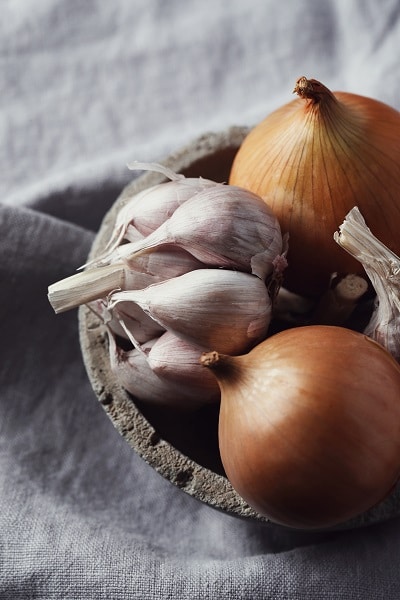Pets are just like family, and we all want to do our best for them. It’s essential to provide them with the best food and nutrition possible to keep them healthy and happy. However, there are some foods that you should never feed your pets.
Grapes And Raisins

It is not clear why these foods are toxic to pets, but grapes and raisins can cause kidney failure in both humans and animals. The exact substance that causes the problem has not been identified yet, but there have been a few studies done on dogs showing that even small doses of grapes or raisins could lead to acute renal (kidney) failure.
If ingested by a dog or cat, it may take three days for symptoms such as anorexia, vomiting, lethargy, abdominal pain, and/or fever to develop after ingestion due to the destruction of red blood cells within the body. However, if your pet shows any signs listed above, it would be best to contact your veterinarian immediately, especially if you know they consumed grape products recently.
Salty Foods

Sodium toxicity is very common in dogs and cats because they are more sensitive than humans. The lower amounts of body water that pets have compared to us means that sodium concentrations within their bodies can reach toxic levels quickly after ingestion. If your dog or cat has salt poisoning, it may cause vomiting, diarrhea, seizures (convulsions), neurological problems such as lethargy, and incoordination/ataxia (the inability to coordinate voluntary muscle movements), leading to collapse if left untreated.
Chocolate

Chocolate contains toxins called alkaloids which can be dangerous for our furry friends. The compound in this toxin that causes issues is methylxanthines, found mainly in the cocoa bean husks to make chocolate liquor (unprocessed raw form of ground roasted cocoa beans). There are two types of caffeine compounds: one stimulates the cardiovascular system while the other affects neurological functions. If ingested by a dog or cat, these effects could cause vomiting within twenty-four hours after ingestion, diarrhea with or without blood present due to the ulceration of the intestines, abnormal heart rhythms, seizures, and even death.
Raw Dough

Raw bread dough can expand inside a pet’s stomach, causing pain and discomfort. This is because raw dough expands in the warm moist environment of your pets’ stomachs when yeast present in it ferments. Symptoms include lethargy, disorientation, vomiting/diarrhea, problems breathing due to excessive salivation leading to swelling. Ingestion could also lead to intestinal rupture or perforations where bacteria are released into the bloodstream creating septic shock, an illness that becomes life-threatening very quickly without prompt veterinary intervention.
Raw Meat Or Fish

There are many reasons you should not feed your pet raw meat or fish. First, off cooking, these foods will kill any parasites that may be present, which makes them safe to eat for humans. However, it will not kill the bacteria that can cause food poisoning in our pets, including salmonella and E Coli. Pets are also more sensitive than us when it comes to parasitic infections such as toxoplasmosis, so you should never feed your pet raw meats or fish due to this risk alone.
Onion And Garlic

Onion and garlic contain a toxin called thiosulphate which can damage red blood cells leading to anemia. The ingestion of these substances within small animals can lead to this condition. Other symptoms include lethargy, weakness, loss of appetite, vomiting/diarrhea with traces of blood present due to ulcerations within the digestive tract; fever; dehydration, etc. If left untreated, it could result in death from heart or respiratory failure secondary to low levels of oxygen within their system as well as kidney damage.
Bones

Dogs and cats should not be given any bones to chew on because their digestive system cannot handle this kind of food. When they ingest the bone fragments, it could obstruct their intestinal tract, leading to a life-threatening condition called peritonitis (inflammation within the abdominal cavity). The symptoms include vomiting, diarrhea with traces of blood present due to ulcerations in the intestines; lethargy or depression; lack of appetite; fever; dehydration, etc.
Conclusion
So as you can see, there are quite a few things that you should never give to your pets. By being aware of the dangers associated with these foods, you can help keep your furry friends safe and healthy. Always consult with your veterinarian if you have any questions or concerns about what is safe for them to eat.